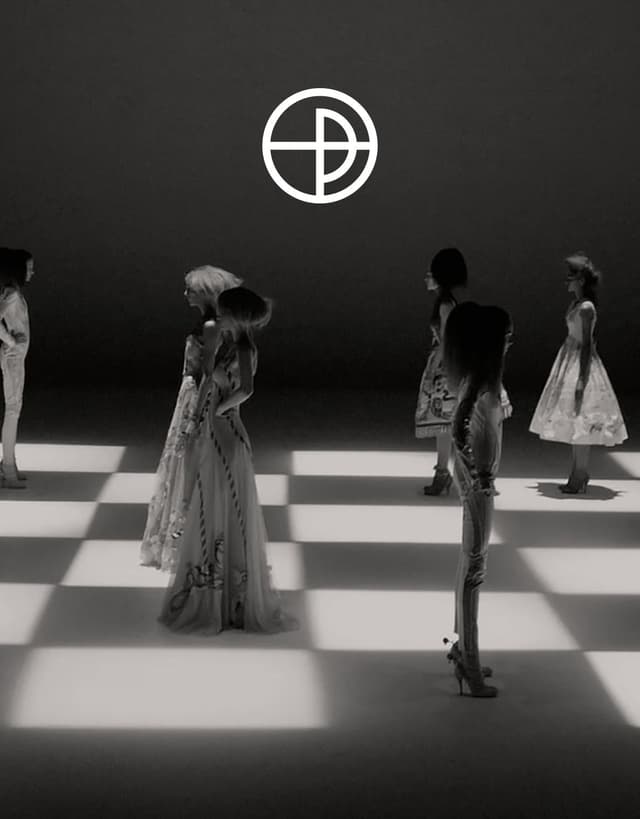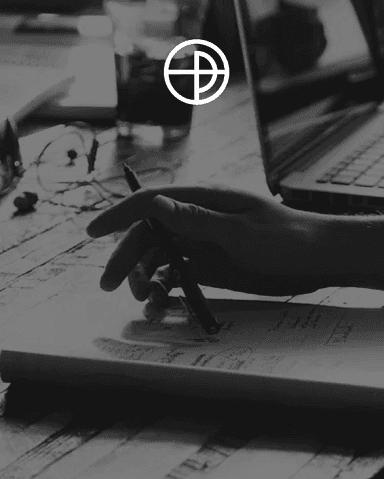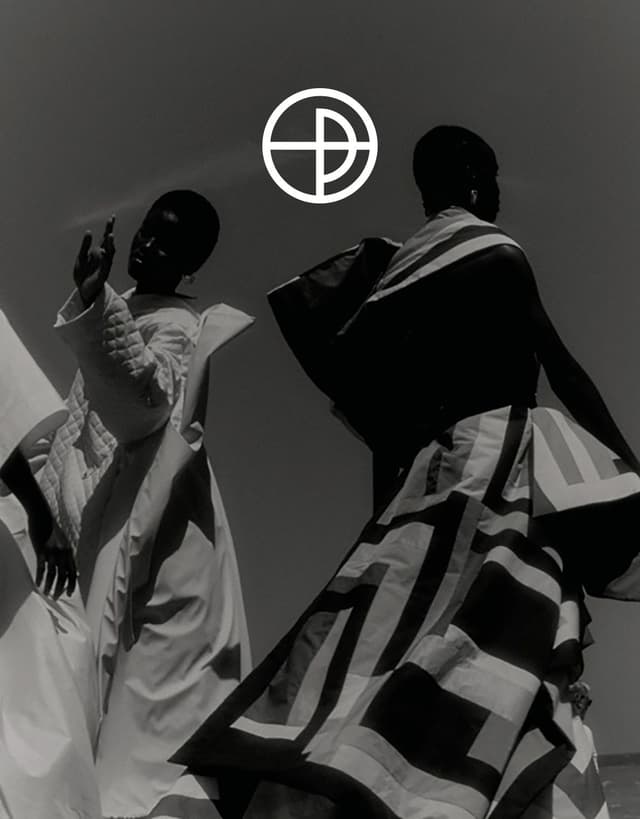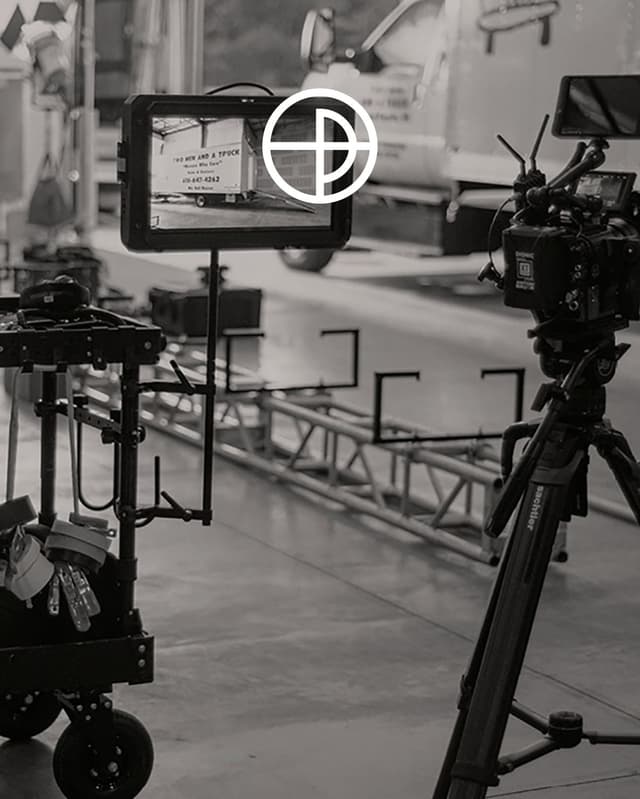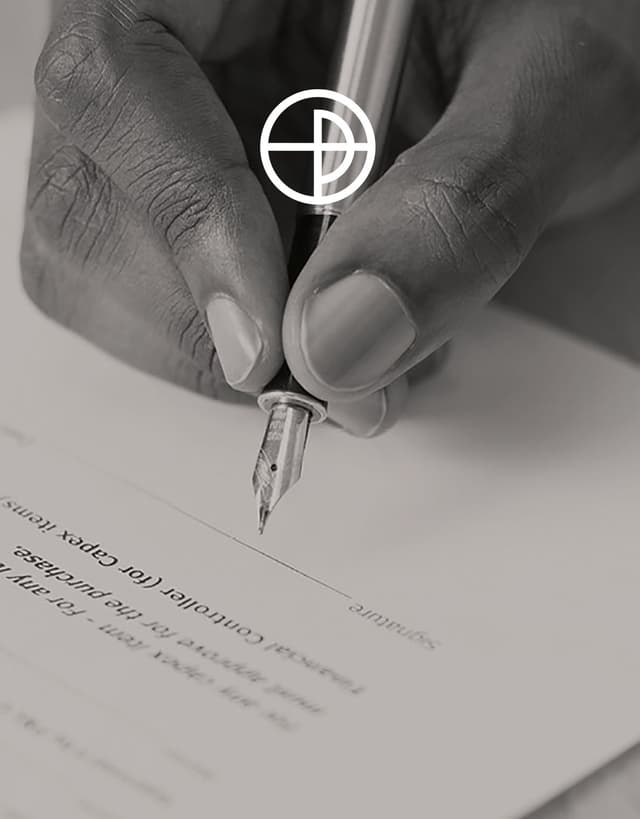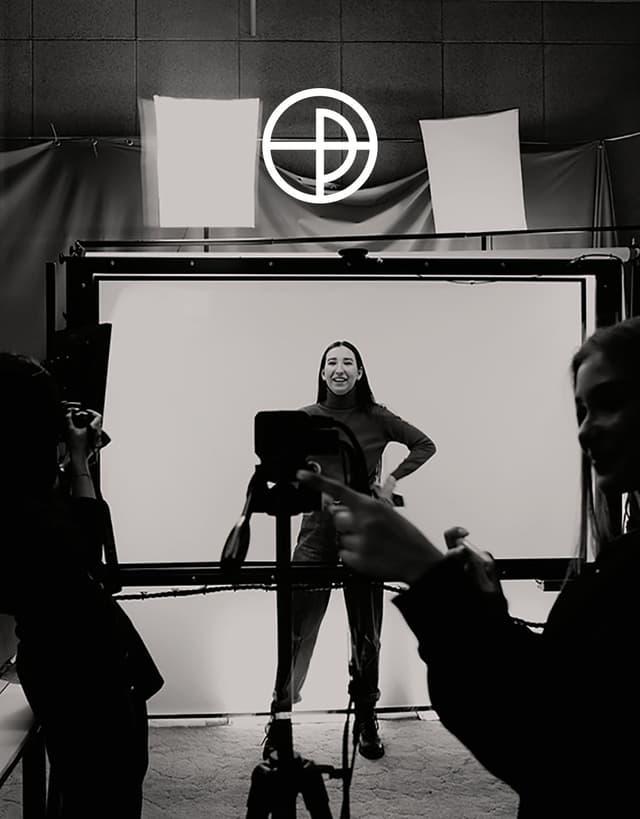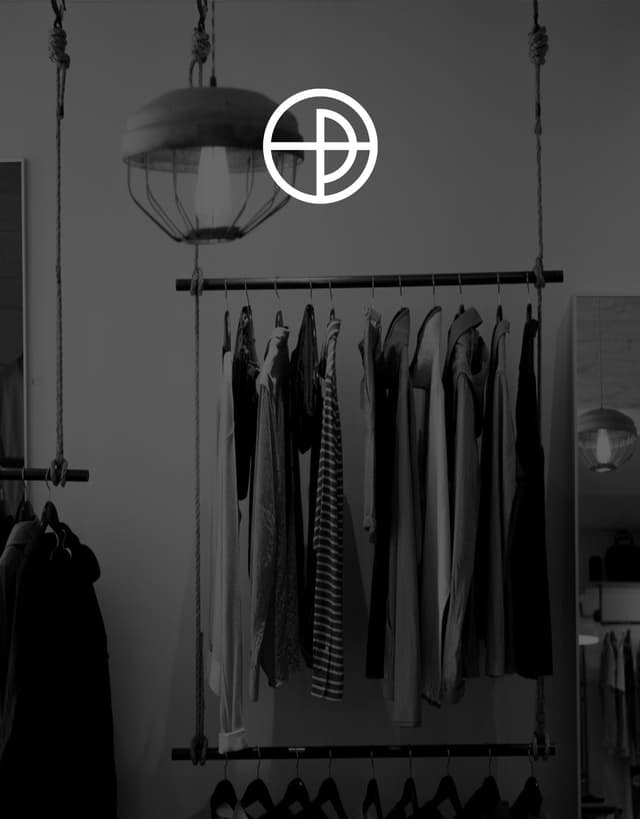
Industry Roles
HR
ABOUT THE FUNCTION
HR (Human Resources) plays a crucial role in managing and overseeing the people-related aspects of a fashion business. The HR function in fashion encompasses a wide range of responsibilities, including, but not limited to, employee relations, performance management, compliance, diversity and inclusion, compensation and benefits, employee engagement, training and development, talent acquisition. Overall, HR in the fashion industry plays a pivotal role in managing the human capital of a company, ensuring that the organisation has the right talent, culture, and policies in place to thrive in a competitive and dynamic market.
KEY RESPONSIBIBILITIES
- Establish and manage performance appraisal systems, providing constructive feedback to employees.
- Work with managers to set performance goals and align them with overall business objectives.
- Work with leadership to identify and groom high-potential employees for future leadership roles.
- Identify skills gaps and implement training programs to enhance the capabilities of employees.
- Address employee concerns and conflicts, fostering a positive and collaborative work environment.
- Ensure compliance with employment laws and regulations within the fashion sector.
- Stay informed about labour laws and industry regulations relevant to the fashion sector.
- Ensure the organisation's HR practices align with legal requirements.
- Contribute to the development and maintenance of a positive and vibrant organisational culture.
- Communicate and reinforce the company's values and mission to employees.
YOUR SKILLSET
- An empathetic approach is crucial for understanding and addressing the needs of employees, especially in areas like employee relations and conflict resolution. Often dealing with sensitive information, maintaining confidentiality is a cornerstone of ethical HR practices.
- Strong leadership skills are necessary to guide and influence the HR team and contribute to organisational success.
- Awareness and appreciation of cultural diversity contribute to effective communication and collaboration in the workplace.
- Adaptability to changing priorities, regulations, and business needs is crucial.
- Ability to negotiate and mediate conflicts is important in resolving disputes and facilitating positive workplace relations.
- Strong written and verbal communication skills are crucial for effective interactions with employees, management, and external stakeholders.
A TYPICAL CAREER JOURNEY IN HR
>HR Assistant/Coordinator >HR Generalist/Officer >HR Business Partner >HR Manager >Director of HR > Chief HR/People Officer
INDUSTRY ROLES
Discover the spectrum of operational, commercial and marketing functions available within the fashion and luxury industries today.

